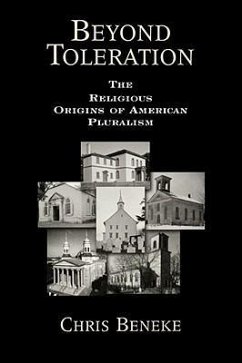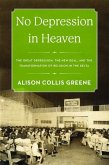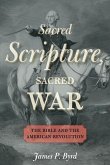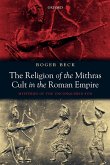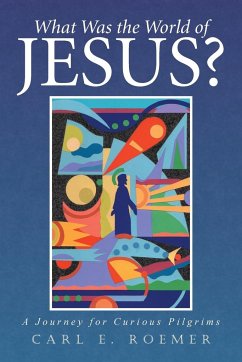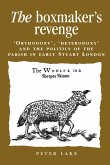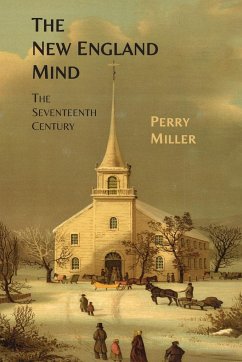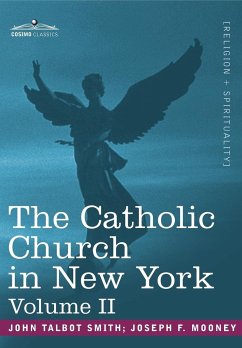The legal changes that brought religious liberty to the United States have been thoroughly documented. But no one has explained how 18th-century Americans managed to accommodate the religious differences that had produced so much bloodshed in the past. Drawing on pamphlets and broadsides, newspaper exchanges, document collections, personal diaries, church records, and legislative journals, Chris Beneke shows how early Americans learned to live amid a great diversity of beliefs and modes of worship. He briefly summarizes the long history of persecution in Europe and America, and then examines the factors that contributed to the cultural revolution that took place in the realm of ideas and public norms in America. Beneke is the first to offer a systematic explanation of how a people who still cared deeply about the fate of their immortal souls could manage to live with those who held significantly different beliefs about God and the church - in other words, how Americans learned to live with differences in matters of the highest importance to them, and found a way to articulate these differences without offense.
Hinweis: Dieser Artikel kann nur an eine deutsche Lieferadresse ausgeliefert werden.
Hinweis: Dieser Artikel kann nur an eine deutsche Lieferadresse ausgeliefert werden.

